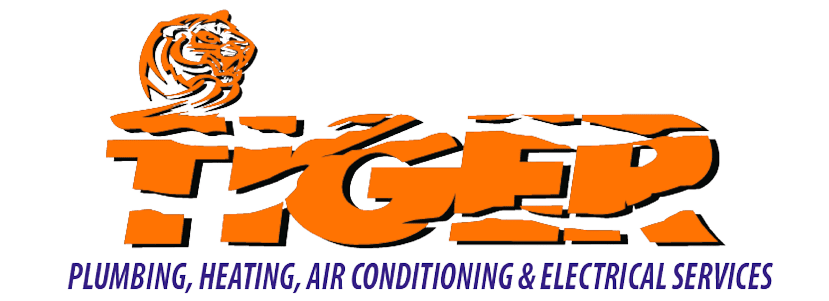Humidity: Too Low, Too High, and Just Right
Humidity is the amount of moisture in the air.
But getting it right is about more than comfort. From static build-up to potential mold growth, humidity levels affect air quality, your expensive home theater system, your health, and even opening and closing doors. Continue below to see how humidity can affect you, and what you can do about it.
Impact of a Humid Home
Besides discomfort (think of a humid Summer day when your sweat just won’t dry!), high humidity levels can also cause ongoing illnesses like asthma and allergies.
It’s not your home being humid itself that makes you sick, but the creatures that thrive. Enemies like mold and mildew could invade hidden crevices inside walls to attack you and your family. And allergy causing dust mites also love the excess moisture.
Excess moisture causes wood to “swell”, making it difficult to close doors. So if you have a door that “sticks” during the summer, it’s likely due to poor humidity control.
Impacts of Low Humidity
Having low humidity causes its fair share of problems. The most obvious issue is dry skin (itchy, painful, reptile skin). This is a safety hazard that needs immediate attention from a professional.
Inhaling air that’s too dry causes your nasal passage to dry out, increasing your susceptibility to colds, the flu, and other infections. And a dry nasal passage can crack and bleed, giving germs an open door into your body.
Your eyes can dry out too, leaving them irritated and also susceptible to infections.
Your equipment isn’t safe either. Static build-up can degrade electronic circuits over time. Too much static could cause a fire.
Clean Your Furnace
Clean the burners, pilot light, flame sensor, and hot surface igniters. Only carry out this process if you’re comfortable opening up your furnace. But before you begin, make sure to turn off the electrical supply and shut off the gas supply to the furnace. This is a critical safety measure that, if not done, can cost you your life! Use a vacuum hose to clean out any dust settled in the combustion compartment. But be careful not to damage any of the components while carrying out this task!
What Is Ideal Humidity?
To get the right balance, you need a humidity of 35-45%.
But this can get a bit tricky in some warmer climates. So maintaining 60% or less is more reasonable for hot, humid regions.
Getting the Right Humidity in Your Home
In the summer, it’s typically pretty humid. And in the winter, the opposite is true. Without air conditioning, your house can get humid in the summer. However with over-sized air conditioning, your house can get very dry.
In the winter, you’ll have low humidity levels without a humidifier. Yet too much humidity with a vaporizer or humidifier running for too long can happen as well.
If you’d like to learn more about the quality of the air in your home, check out our other posts on indoor air quality!
You Need the Right System

Our experts can assess your situation and provide the best solution. So let us ensure you’re protected from all these ugly humidity problems! Give us a call at
(877) 552-2326
or go to our Schedule A Service page
Financing
Options
Winning Team





















